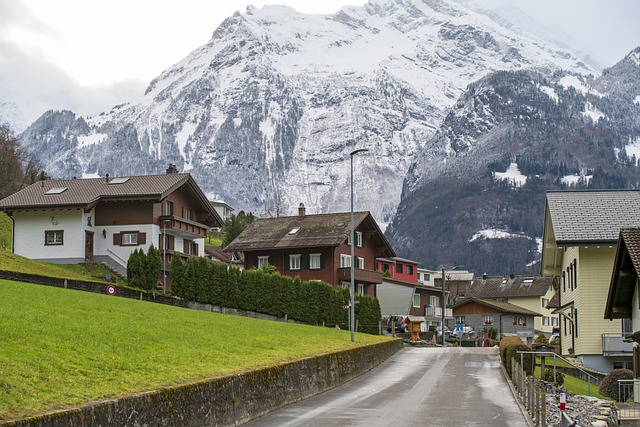
WENGEN, Switzerland - As the global economy grapples with uncertainty, Switzerland's tourism industry is strategically targeting the ultra-wealthy, capitalizing on a growing demand for exclusive experiences. The country's focus on five-star luxury, while financially lucrative, raises concerns about its impact on local communities.
Switzerland's reputation for understated luxury is attracting a surge of high-end tourists from the US, Gulf states, China, and Southeast Asia. The number of five-star hotels is expanding rapidly, offering amenities such as ski butlers, gourmet dining, and panoramic alpine views. According to Switzerland Tourism, while five-star stays account for only 8% of overnight stays, they contribute at least 25% of the nation's tourism revenue. "The numbers speak for themselves," says Markus Berger of Switzerland Tourism, justifying the focus on luxury guests.
However, this focus on high-end tourism presents challenges. In popular resorts like St. Moritz and Zermatt, locals are being priced out of the market, and finding affordable accommodation for hotel and restaurant staff is a growing concern. The trend also raises questions about preserving the authentic character of these alpine destinations.
In Wengen, a traditionally charming village known for its Lauberhorn ski race, the opening of its first five-star hotel and plans for luxury serviced apartments have sparked controversy. The Swiss Heritage Society has objected to the apartment complex, arguing it undermines Switzerland's strict laws against holiday homes and lacks integration with the local community. "The design is unacceptable," says spokesman Simon Weiss, fearing the priority is private luxury over community integration.
Despite these concerns, tourism officials like Rolf Wegmüller, Wengen's tourism director, believe the trend towards luxury will not fundamentally alter the resort's character. "We're not going to have guests walking around in fur coats all of a sudden," he assures. He highlights that Wengen's accessibility by train limits the ostentatious display of wealth.
The economic benefits of high-end tourism are undeniable. Once impoverished alpine communities now thrive, thanks to the influx of wealthy visitors. However, balancing economic gains with the preservation of local character and affordability remains a critical challenge. As Monika Bandi of Bern University's Tourism Research Unit notes, Switzerland must carefully manage "quantity versus quality" to avoid reaching a "tipping point" where destinations lose their unique charm.
While the ultra-rich represent a small minority, their growing numbers and wealth are driving significant economic activity. Switzerland's strategy of focusing on quality and added value, rather than competing on price, appears to be paying off. However, the long-term impact on local communities and the preservation of Switzerland's unique alpine culture remains a delicate balancing act.
[Copyright (c) Global Economic Times. All Rights Reserved.]




























